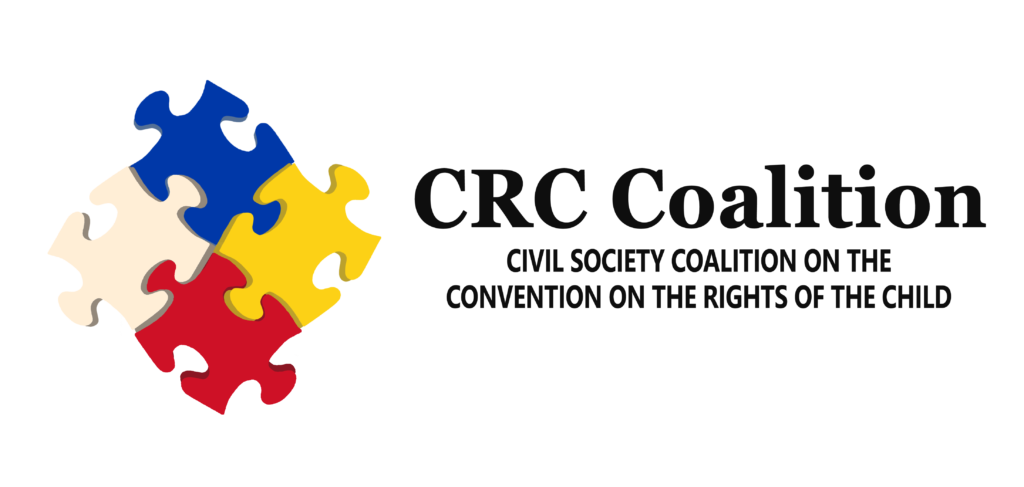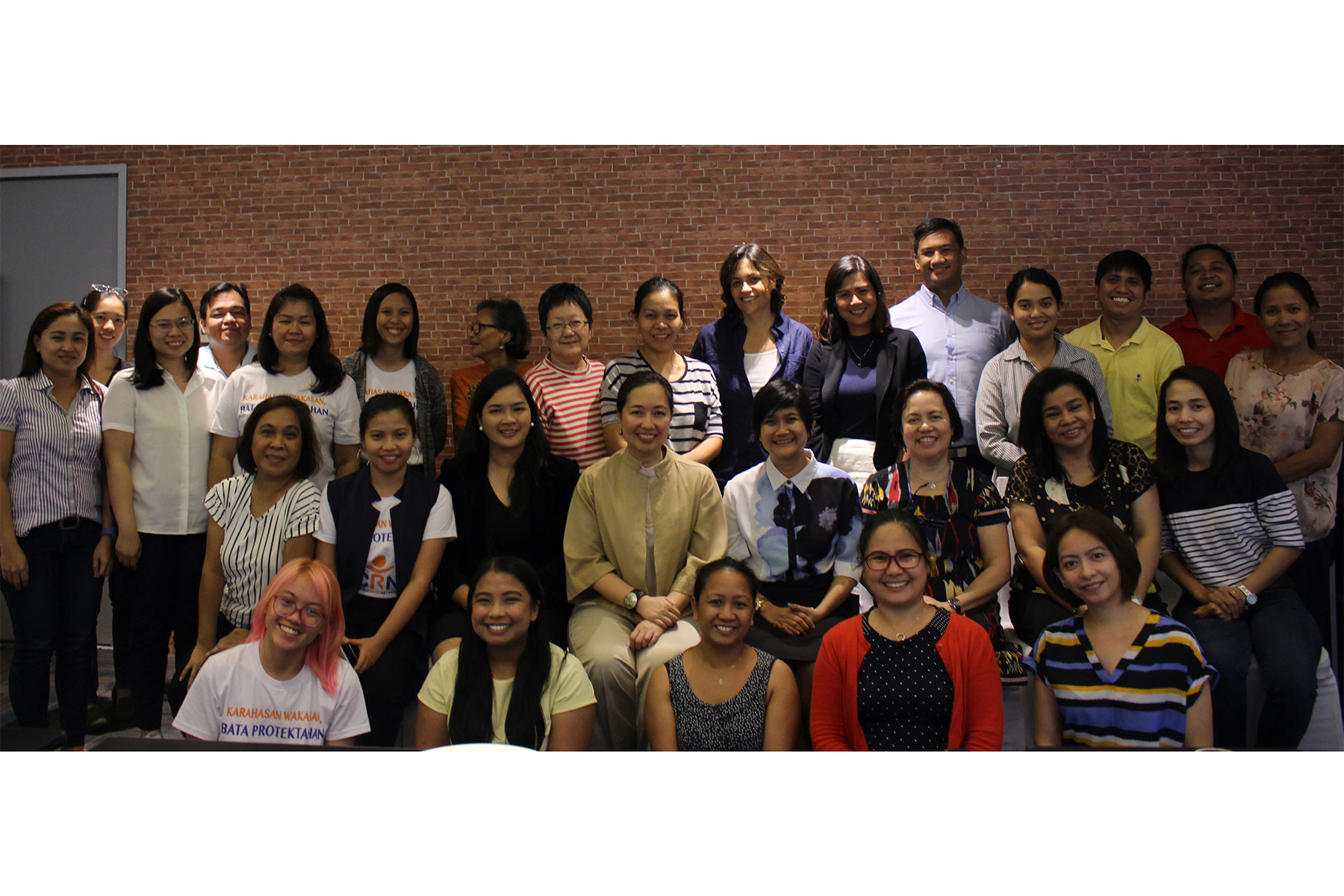“In the Philippines, you cannot marry before 18 years of age but you can consent to have sex at 12 years old. Increasing the age of statutory rape has been included in the Concluding Observations of the United Nations Committee on the Rights of the Child since 2009,” according to Magnolia Eva Escobedo, Secretariat Coordinator of CRC Coalition.
The CRC Coalition recently conducted CSO Forum: Increasing the Age of Statutory Rape last April 20, 2018 in B Hotel, Quezon City that aims to consolidate efforts of civil society organizations in order to increase the age of statutory rape and to look into the pending bills in Congress related to this issue.
In the Anti-Rape Law of 1997, sexual intercourse is possible provided that there is consent and no force was used. Philippines is one of the countries in the world which has the lowest age of sexual consent at 12. According to the Philippine National Police (2014), there are 22 reported rape cases in the country every day. Every 15 minutes, a child or woman is being raped and 7 out of 10 victims are children.
“To imagine the trauma of those below 18 to 12 year old trying to defend themselves in court that they did not agree to have sex. It is an obstacle to render justice as they have to prove that they did not agree to the sexual intercourse. Issue on victim blaming, traumatization, and many investigators assume that a child willingly participated when they were not able to scream or run,” Japhet Moleta, Advocacy Coordinator of CAMELEON Philippines.
Women’s Legal and Human Rights Bureau (WLB) is conducting a study on accessing justice for the girl child in the context of sexual violence. Legal remedies are available but barriers still exist especially among girls found in the marginalized sectors, making it difficult for girl-children to access said remedies. Central to the research is the girl child especially from marginalized groups (LBT, with disability, indigenous) from poor rural areas. Lizbeth Kollin, Project Officer of WLB added that sexual violence happen everywhere and in all social classes.
Dr. Bernadette Madrid, Executive Director of Child Protection Network discussed on the criteria for assessment to be ready for sexual intercourse. “How young is too young? There is a need to look at the psychological maturation of the body and cognitive capacity for making safe, informed, and voluntary decision.”
According to Dr. Madrid, the timing of puberty differs among girls and menstruation is a poor marker of preparedness. Sexual intercourse that occurs when the reproductive tract is immature: can be painful, emotionally shocking, increased risks of STDs, cervical cancer, among others. Basic intellectual abilities reach adult levels (around 16 years) before the process of psycho-social maturation is complete.
In looking at the gaps and challenges of current laws, Atty. Maria Margarita Ardivilla, Child Protection Specialist of UNICEF Philippines said that there is a message of inconsistency in the age. The laws have to be clear that the age of protection refers to the age at which a young person can legally consent to sexual activity. She recommended possible advocacy strategies that civil societies can take on is amendment of the rape law, consent, and age as well as redefining acts of sexual abuse.
There are pending bills in Congress related to the age of statutory rape which includes amendments to the Anti-Rape Law. Jacklyn Belo, Advocacy Officer of Child Rights Network said that the Anti-Rape Law should be amended to expand the coverage of rape to address sexual violence done to men, boys and LGBT. It should also include close-in age gap. She also added that provisions which uses virginity as determinant of a crime should be repealed.
Rhea Peñaflor, Assistant Secretary of the National Youth Commission (NYC), committed to make policy recommendations and look for possible collaborations with CSOs in the campaign on increasing the age of statutory rape, as also the head for the committee on health in NYC.
The Commission on Human Rights, Child Rights Center has included this in their legislative agenda and committed to participate in this advocacy work.
As organizations and government agencies committed to be part of this campaign, CRC Coalition and Child Rights Network will be working closely together to continue in consolidating efforts of networks, civil society organizations, and government agencies in order to move forward in increasing the age of statutory rape.
CSO Forum: Increasing the Age of Statutory Rape was attended by members and partner organizations of the CRC Coalition | ASMAE, Bantay Bata 163, CAMELEON, Child Protection Network, Child Rights Network, ChildHope, Commission on Human Rights, CPTCSA, ECPAT Philippines, JJCICSI, MAGCRP, National Youth Commission, Plan International Philippines, Save the Children, Terre des Hommes, Unang Hakbang Foundation, UNICEF Philippines, VIDES, and Women’s Legal and Human Rights Bureau.

